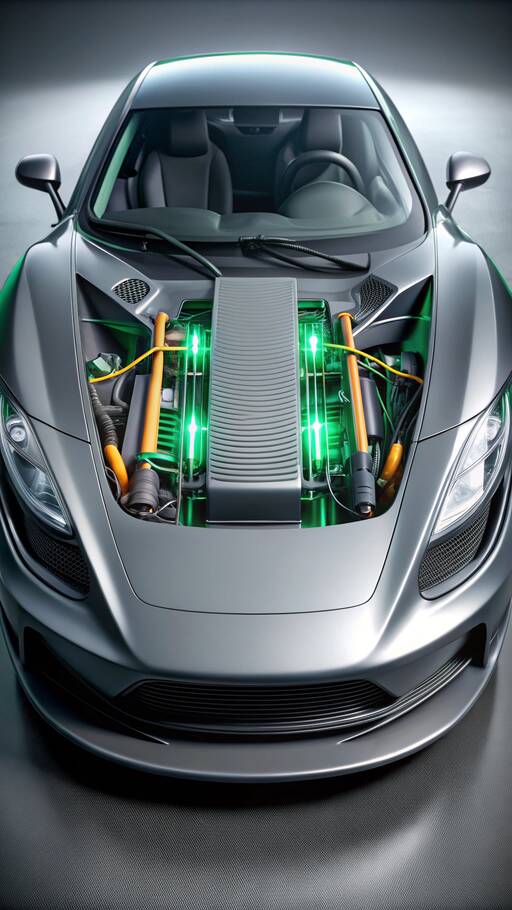
Lotus, owned by Geely, is shifting gears in its electric vehicle strategy with the introduction of hyper hybrids. Initially, the Emira sports car, launched in 2022, was to be the last Lotus with an internal combustion engine. However, Dan Balmer, Lotus Europe CEO, has revealed a hybrid future for the Eletre SUV and Emeya sedan, with plans for a rollout over the next two years.
Balmer notes a varied market response to EVs. "There’s a dedicated market ready for EVs, yet some still value the reliability of extended range," he explains. Hybrid models aim to combine the advantages of electrification with greater driving flexibility, offering more than 680 miles on a single charge and fill-up.
These next-gen vehicles will use Lotus's EPA platform, which is flexible enough to incorporate a combustion engine alongside a 900V electrical architecture for fast recharging. This setup utilizes Geely’s Leishin Power system, ensuring peak efficiency through advanced power flow management.
Lotus isn't fully saying goodbye to traditional engines. The Emira sports car's lifespan will extend beyond 2030, although the classic V-6 variant will be discontinued due to Euro 7 emission standards. Starting in 2026, a Mercedes-AMG 2.0-liter turbo engine, enhanced with dual-clutch technology, will be standard.
Balmer envisions another sports car fitting between the Emira and the high-performance Evija hypercar. While plans are still speculative, this model might incorporate hyper hybrid technology with lasting appeal well into the future.
Summary: Lotus is revising its EV strategy by embracing hyper hybrids, offering extended range and efficiency. While expanding its hybrid lineup, Lotus remains committed to high-performance sports vehicles, suggesting a dynamic future that honors both tradition and innovation.